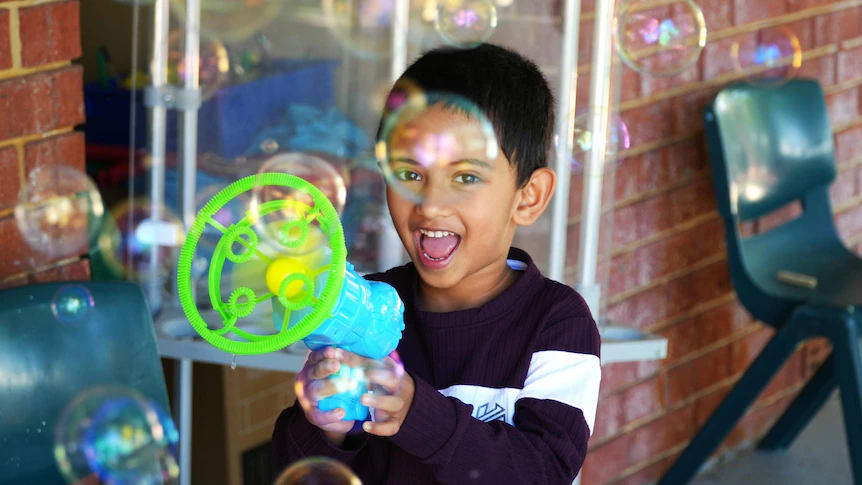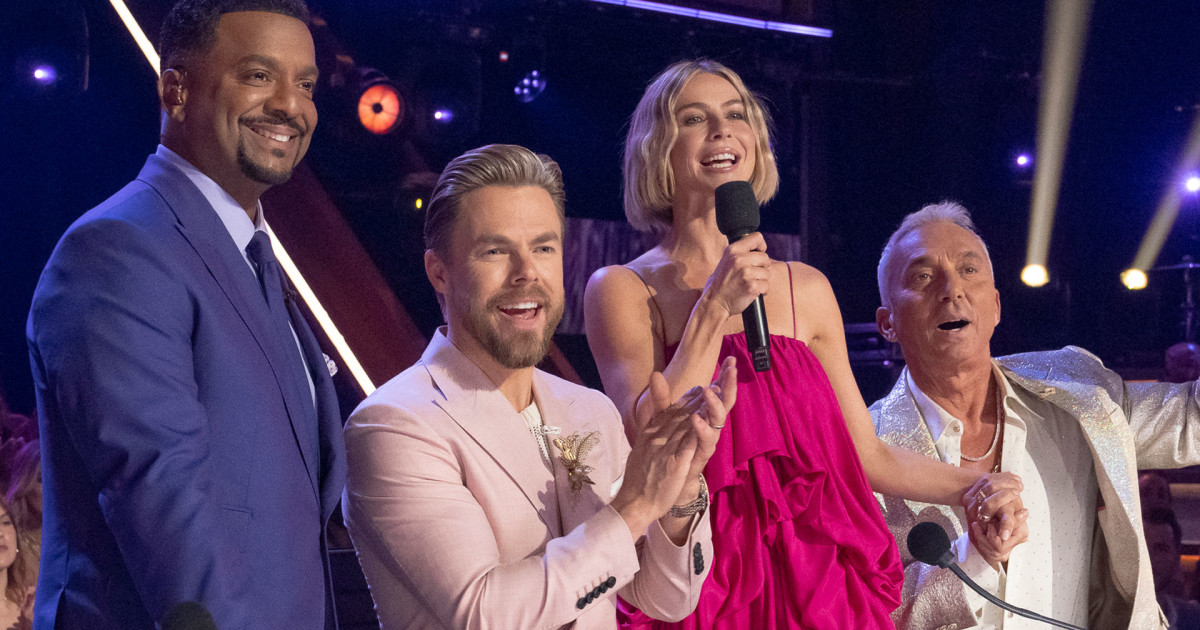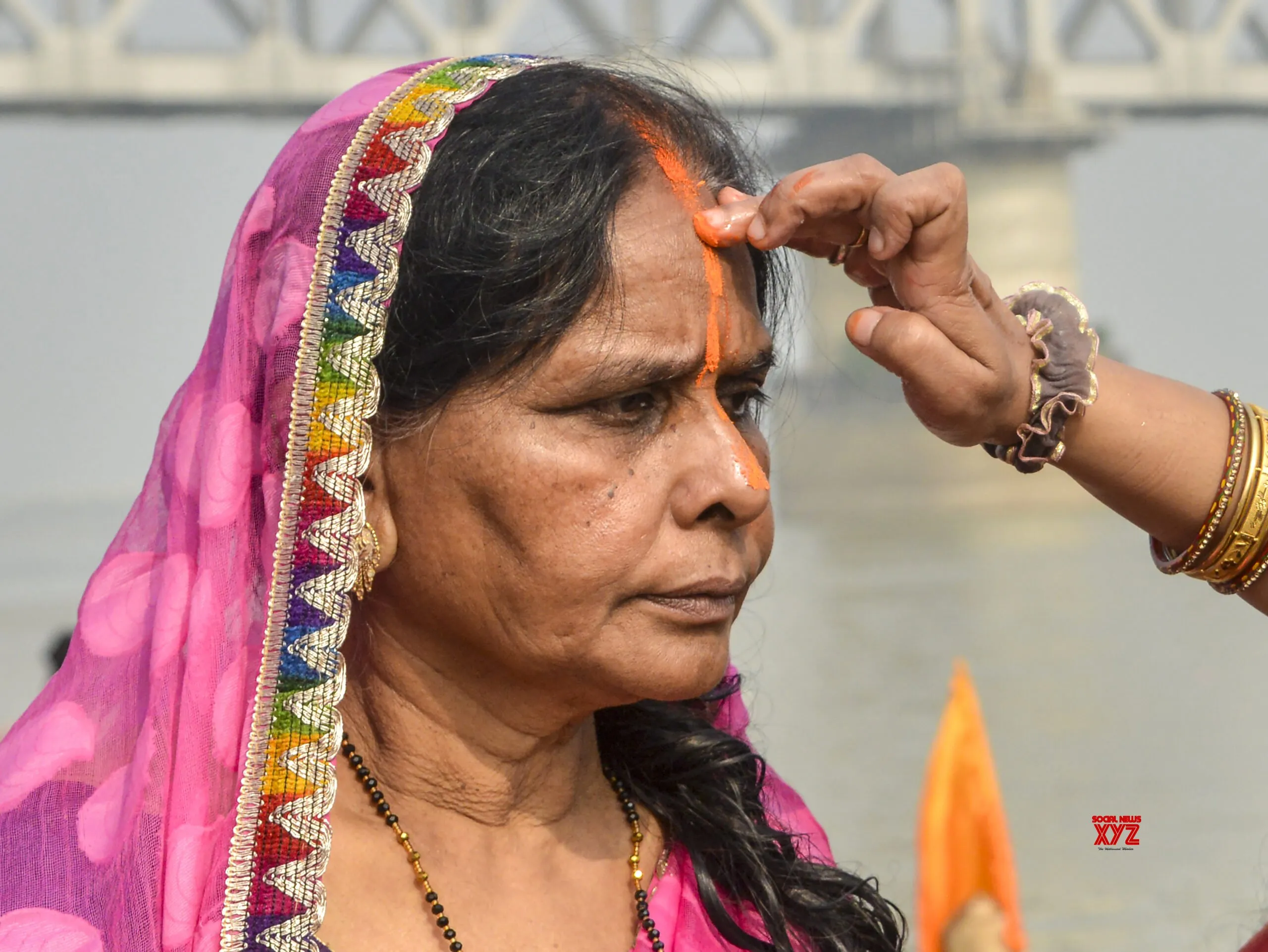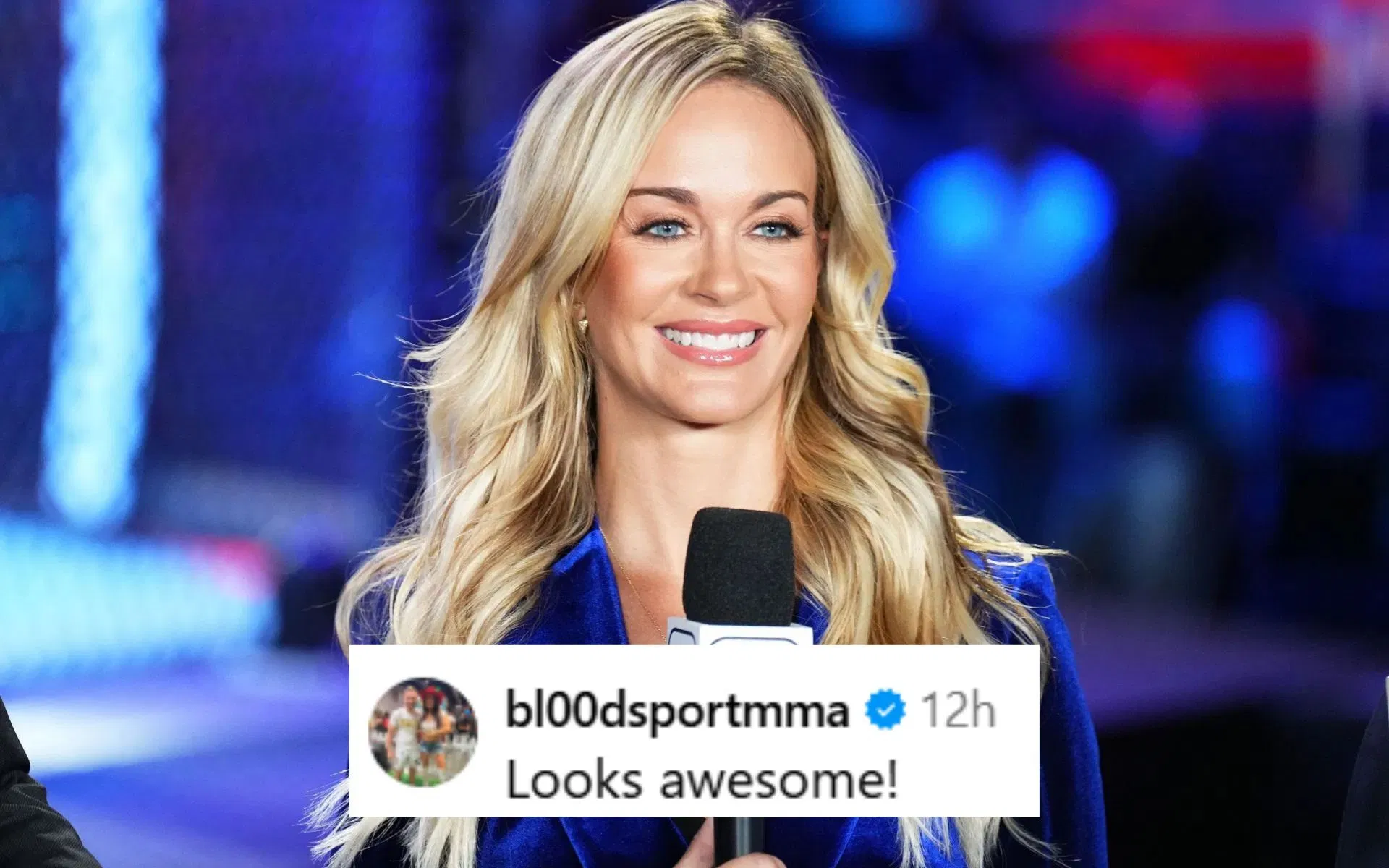Copyright abc

Perth mother Asma Alol was a teacher before she had children and thought her passion for education had "fizzled". "I didn't have confidence to rejoin the workforce," she said. That changed when Ms Alol discovered the Home Interaction Program for Parents and Youngsters (HIPPY) and enrolled her youngest child. The free, national early-education program encourages parents to do play-based learning activities with their children and supports them through home visits with trained tutors. Child's first teacher Nola Earnshaw has delivered HIPPY to hundreds of WA families over the last decade and said the program's goal is to empower parents to be their child's first teacher. "But they often don't have the resources, they think, what do I need to do, what can I say to help my child?" Keeping language strong Ms Alol is among some of the parents funded to mentor other kids in the program and said it's helped her prepare for further employment. HIPPY largely supports families who are Aboriginal and Torres Strait Islander, those with no or low income, or for whom English is a second language. "The activities are really nice and simple to follow," she said. "The parents, even if they don't speak English or their English might be limited, they can do the activity with their child in their own language." Ms Earnshaw said parents maintaining their first language with their child at home was important. Forming friendships Parent Rasangi Hewa came to Australia in 2019 and started HIPPY with her son when she moved to Perth. New to WA and volunteering at Communicare, which administers the program in WA, she was encouraged to join. "I was in the student visa, so childcare was very expensive … I was looking for a [place] where I can socialise my child and where I can get some help, like what kind of activities I need to do for his age," she said. Ms Hewa found a mentor at HIPPY who had migrated from the same country as her own and they formed a strong friendship. "[My son] loves her and in our culture we don't call elders by the name, we call [them] aunty … so his favourite thing is meeting Aunty for one hour," she said. Ms Hewa has noticed her son's English improve through his engagement with HIPPY. "When he comes outside, he speaks English [and] when he's at home he's speaking our language — that's a beautiful thing because he's getting ready for school," she said. Ms Hewa said the program allowed parents to share the challenges of raising their children and learn the best ways to support their education. "I feel like this is a great opportunity because you can come here without any restriction … you will have opportunity to engage with other people," she said.



